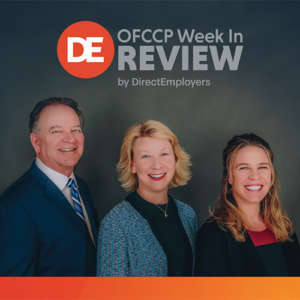 The DE OFCCP Week in Review (WIR) is a simple, fast and direct summary of relevant happenings in the OFCCP regulatory environment, authored by experts John C. Fox, Candee Chambers and Jennifer Polcer. In today’s edition, they discuss:
The DE OFCCP Week in Review (WIR) is a simple, fast and direct summary of relevant happenings in the OFCCP regulatory environment, authored by experts John C. Fox, Candee Chambers and Jennifer Polcer. In today’s edition, they discuss:
- OFCCP Issues Statement Commemorating One Year Anniversary of Bostock Decision
- Dispute Breaks Out at EEOC Between Republican Commissioners and the Democrat Chair Over Whether the Chair May Issue Policy Guidance Without a Commission Vote: Control of Commission Policy at Stake…And the Transgender Bathroom Issues are Back!
- Supreme Court Issues Narrow Opinion in Fulton v. City of Philadelphia, Punts on Broader Constitutional Conflict Between Religious Freedom and LGBTQ+ Protection Issues
- USDOL Sent Its Proposed Rule to OMB to Raise the Minimum Wage for Federal Contractor Employees to $15 per Hour
- Secretary of Labor Walsh Pushes for Increase in Compensation Levels to Disqualify More Employees from Exemption from Overtime Under the FLSA
- Breaking News: Biden Administration Proposes Rule Reinstating “80/20” Policy in Minimum Wage Rate for Tipped Employees
Tuesday, June 15, 2021: OFCCP Issues Statement Commemorating One Year Anniversary of Bostock Decision
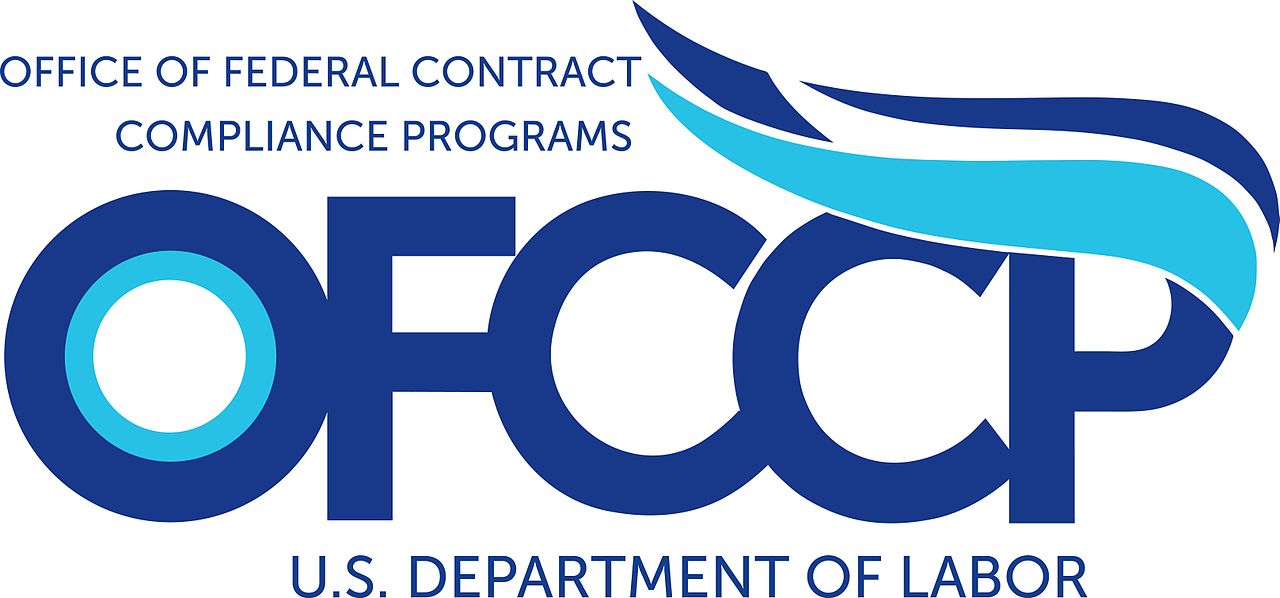
To commemorate the landmark ruling, OFCCP issued a statement on the anniversary reaffirming OFCCP’s commitment to equal treatment for LGBTQ+ workers. Highlighting President Biden’s Executive Order 13988, a statement of the Administration’s policy to prevent and combat discrimination against LGBTQ+ individuals, OFCCP encourages contractors to review the following resources OFCCP makes available regarding sexual orientation and gender identity discrimination: (1) its FAQs regarding sexual orientation and gender identity; and (2) its Worker Rights Fact Sheet on sexual orientation and gender identity discrimination.
Tuesday, June 15, 2021: Dispute Breaks Out at EEOC Between Republican Commissioners and the Democrat Chair Over Whether the Chair May Issue Policy Guidance Without a Commission Vote: Control of Commission Policy at Stake…And the Transgender Bathroom Issues are Back!
What Happened First? First, at the direction of the Chair of the Equal Employment Opportunity Commission (“EEOC”), Charlotte A. Burrows, the Commission published an EEOC Press Release from the “Washington D.C. Headquarters” of the “U.S. Equal Employment Opportunity Commission” titled:
“EEOC Announces New Resources About Sexual Orientation and Gender Identity Workplace Rights”
“Federal Agency Continues Its Work in Forefront of LGBTQ+ Rights.”
The Press Release stated that the Commission was “observing LGBTQ+ Pride Month, and the (first year) anniversary of the U.S. Supreme Court ruling in Bostock v. Clayton County [140 S. Ct. 1731 (2020)], by announcing the release of new resources to educate employees, applicants and employers about the rights of all employees, including lesbian, gay, bisexual and transgender workers, to be free from sexual orientation and gender identity discrimination in employment.”
The Press Release went on to state that: “The materials include a new landing page on the EEOC website that consolidates information concerning sexual orientation and gender identity discrimination and a new technical assistance document to help the public understand the Bostock decision and established (emphasis added) EEOC positions on the laws the agency enforces.” Repeating the notion that the newly supplied EEOC materials were merely repeating established Commission policy and were not forging new policies, the Press Release went on to state:
“Neither the new landing page nor the new technical assistance document, titled “Protections Against Employment Discrimination Based on Sexual Orientation and Gender Identity” state new EEOC policy; rather, these resources rely on previously voted positions adopted by the Commission.”
The Press Release also embedded, in turn, two “Fact Sheets” published to the public tattooing them as publications from “EEOC Headquarters” “U.S. Equal Employment Opportunity Commission” and titled:
- “Protections Against Employment Discrimination Based on Sexual Orientation or Gender Identity” ; and
- “Sexual Orientation and Gender Identity (SOGI) Discrimination”
The “Protections Against Employment Discrimination” Fact Sheet carries this passive voice legend: “This technical assistance document (emphasis added) was issued upon approval of the Chair of the U.S. Equal Employment Opportunity Commission.” The Sexual Orientation” Fact Sheet carries this legend: “A Message from EEOC Chair Charlotte A. Burrows for Pride Month and the Anniversary of the Supreme Court’s Decision in Bostock v. Clayton County.”
The “Protections Against Employment Discrimination” Fact Sheet also displays this disclaimer, while the “Sexual Orientation” Fact Sheet does not: “This publication in itself does not have the force and effect of law and is not meant to bind the public in any way. It is intended only to provide clarity to the public regarding existing requirements under the law.”
The “Protections Against Employment Discrimination” Fact Sheet stated that it:
“…briefly explains what the Bostock decision means for LGBTQ+ workers (and all covered workers) and for employers across the country. It also explains the Equal Employment Opportunity Commission’s (EEOC or Commission) established legal positions on LGBTQ+-related matters, as voted by the Commission.” (emphasis added)
| Both Fact Sheets then adopted, among other things, the highly controversial positions (which are still in litigation) that an employer’s refusal to allow an employee equal access to bathrooms, locker rooms, or showers (“the bathroom issues”) that correspond to the employee’s gender identity would constitute sex discrimination under Title VII of the Civil Rights Act of 1964. |
The dispute between the Commissioners now arises because the Bostock decision expressly reserved ruling on “the bathroom issues” and the Commission has never voted on what Title VII requires of private sector employers as to “the bathroom issues.”
The Issue of Bathroom, Locker Rooms, and Shower Rooms for Men and Women, per the Fact Sheets:
“Courts have long recognized that employers may have separate bathrooms, locker rooms, and showers for men and women, or may choose to have unisex or single-use bathrooms, locker rooms, and showers. The Commission has taken the position that employers may not deny an employee equal access to a bathroom, locker room, or shower that corresponds to the employee’s gender identity. In other words, if an employer has separate bathrooms, locker rooms, or showers for men and women, all men (including transgender men) should be allowed to use the men’s facilities and all women (including transgender women) should be allowed to use the women’s facilities.” (Emphasis added) [See the “Protections Against Employment Discrimination Based on Sexual Orientation or Gender Identity” Fact Sheet at paragraph 10].
The “Sexual Orientation and Gender Identity (SOGI) Discrimination” Fact Sheet repeated this same language in its fourth bolded paragraph (“SOGI Discrimination & Employment Policies/Practices”).
What happened Next? In a nationwide exclusive, Paige Smith, a Reporter for Bloomberg News, exchanged e-mails about the Fact Sheets with the three highly animated Republican Commissioners (who constitute the majority of the Commission) and with the Chair’s Office. (The Republican EEOC Commissioners are Andrea R. Lucas, Keith E. Sonderling and Janet Dhillon) Here is Paige Smith’s/Bloomberg News’ report of those e-mail exchanges exposing a large policy riff about who controls the five Member bi-partisan Commission:
‘GOP Commissioner Andrea Lucas said the guidance was issued ‘unilaterally’ without a vote by the five-member bipartisan EEOC panel, which currently has a 3-2 Republican majority.’
Thursday, June 17, 2021: Supreme Court Issues Narrow Opinion in Fulton v. City of Philadelphia, Punts on Broader Constitutional Conflict Between Religious Freedom and LGBTQ+ Protection Issues
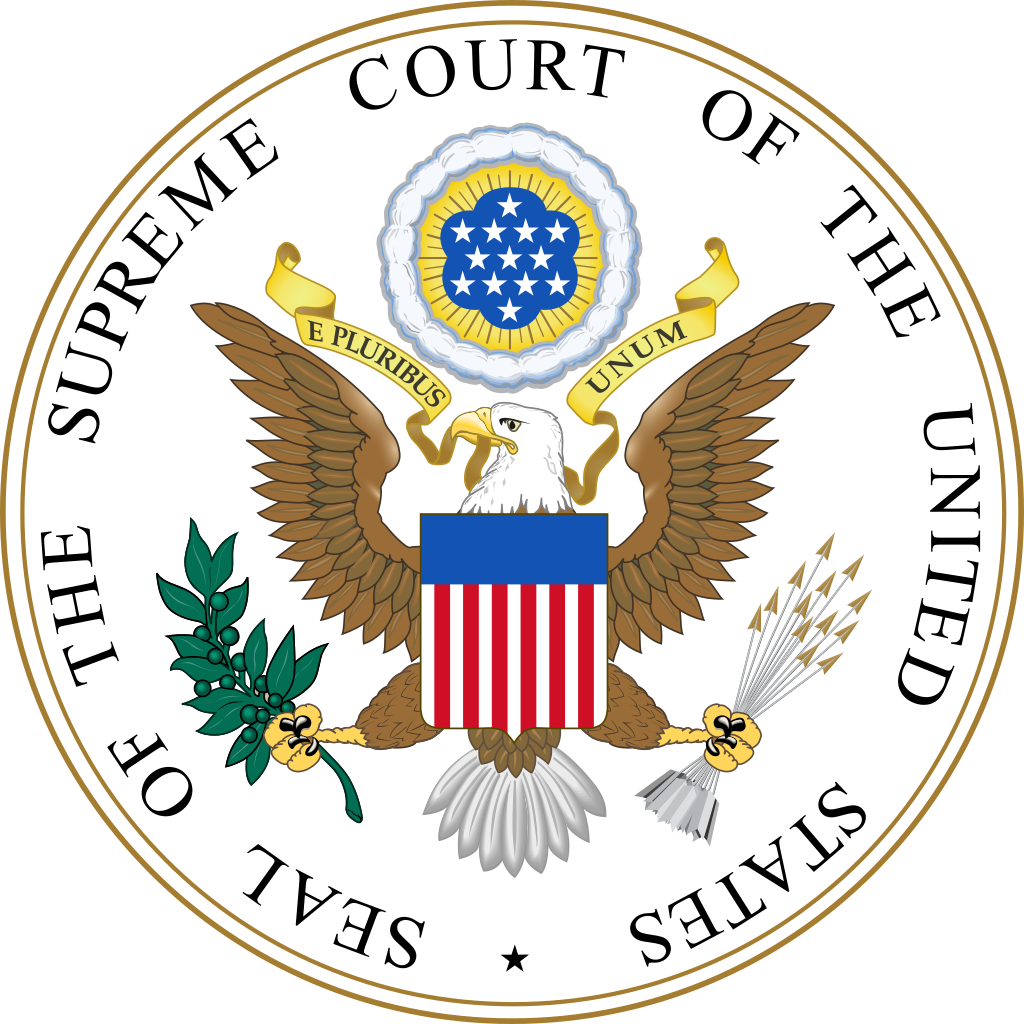
What Were the Facts of the Case?
The city refused to work with Catholic Social Services to find potential foster parents due to the organization’s refusal to certify same-sex couples as potential foster parents. However, the SCOTUS decision was narrowly tailored to the facts of the case, and did not expand religious freedom protections to the extent religious rights advocates had hoped in the face of continuing LGBTQ+ antidiscrimination protections.
The case is Fulton v. City of Philadelphia, No. 19-123 (June 17, 2021). The case had drawn great interest given its potential to test whether statutory LGBTQ+ antidiscrimination protections must give way to the practice of good faith religious beliefs, or whether the practice of religious beliefs protected under the First Amendment must bow to antidiscrimination protections. For religious rights advocates, the hope was that the Supreme Court, following the appointment of three justices by President Donald Trump, would overturn the seminal case of Employment Division v. Smith, 110 S. Ct. 1595 (1990). The Smith case decision had held that the state could deny unemployment benefits to a person fired for violating a state prohibition on the use of peyote, even though the drug was part of a religious ritual. The Smith decision established the principle that religious beliefs did not excuse people from complying with a neutral, generally applicable state law.
While all nine justices ruled in favor of Catholic Social Services in the Fulton case last week, the portion of the opinion with the necessary majority vote to be precedential was narrowly focused on the facts of this specific case. Specifically, because the city’s contract with foster organizations permitted city officials to use discretion to make exceptions to the city’s anti-discrimination rules, the requirement the city imposed on Catholic Social Services requiring they permit same-sex couples to serve as foster parents was not a neutral, generally applicable law. As such, because Catholic Social Services only sought an accommodation, or “exception,” to allow it to serve the foster children of Philadelphia pursuant to its religious beliefs rather than being required to adopt beliefs contrary to Catholic dogma. The city refused to grant Catholic Social Services’ requested exception thus restricting the social services organization from exercising its religious beliefs. In other words, the Fulton decision was based on the city’s failure to apply a generally neutral law, and nothing more.
As such, to the chagrin of religious rights advocates, Employment Division v. Smith was not overturned by the court, which would have overturned the rule that permitted neutral state laws (such as anti-discrimination laws) to restrict religious freedoms. Conversely, the opinion did not expand further the protections the LGBTQ+ community sought given the ruling in favor of Catholic Social Services and the fact that there was no holding that religious freedoms must always give way to statutory LGBTQ+ protections. Rather, the decision leaves open for further litigation in the future what legal balancing test should apply when religious freedoms collide with anti-discrimination laws protecting the LGBTQ+ community.
Thursday June 17, 2021: USDOL Sent Its Proposed Rule to OMB to Raise the Minimum Wage for Federal Contractor Employees to $15 per Hour
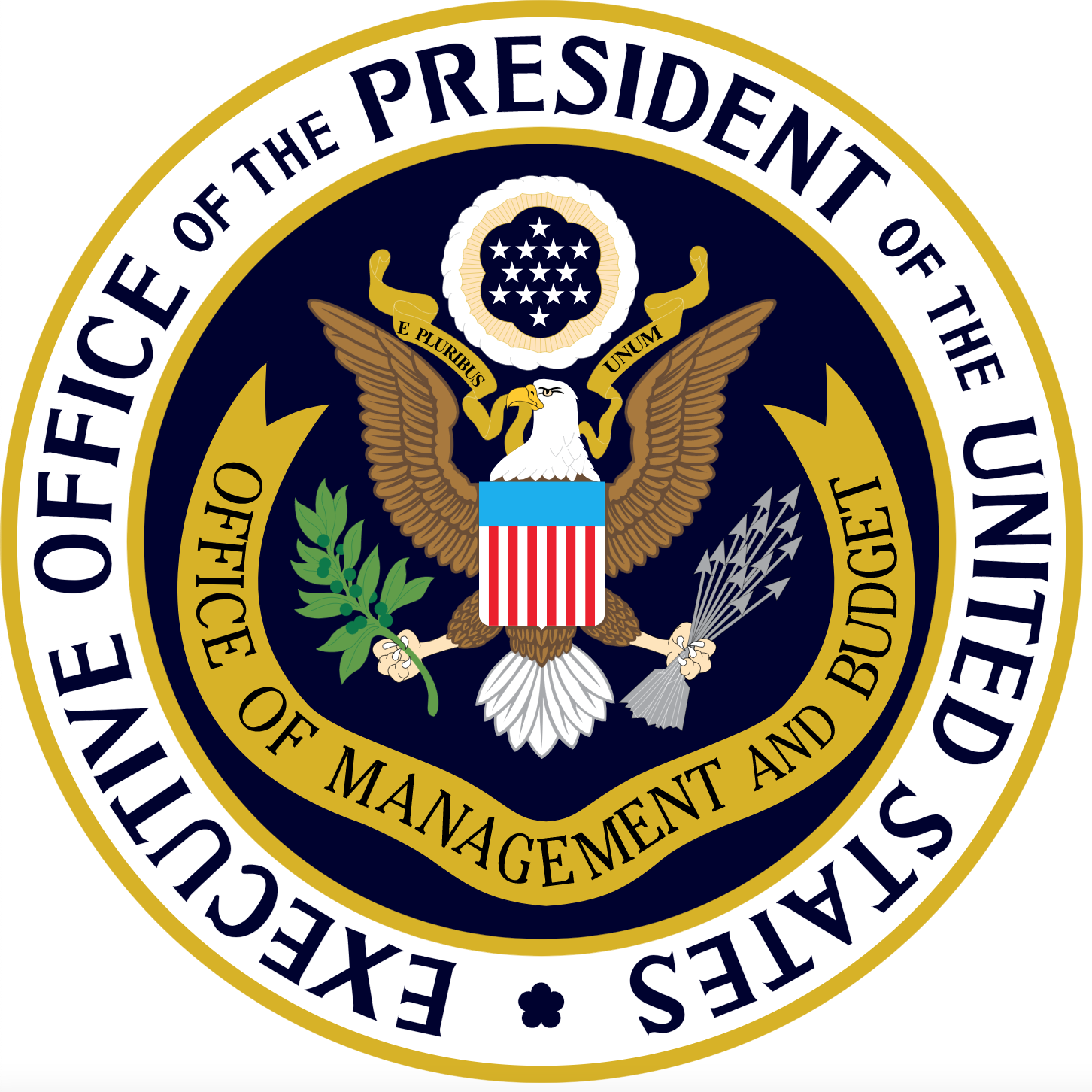
Once OMB finishes its review and signs off (as it will), OMB will notify WHD which will shortly thereafter publish a Proposed Rule in the Federal Register explaining the details of its Proposal and seeking public comment, typically for 60 days. Because the Biden Administration is in a hurry on this proposal, however, we would not be surprised to see WHD allow only 30 days for comment. So, get ready!
Friday, June 9, 2021: Secretary of Labor Walsh Pushes for Increase in Compensation Levels to Disqualify More Employees from Exemption from Overtime Under the FLSA
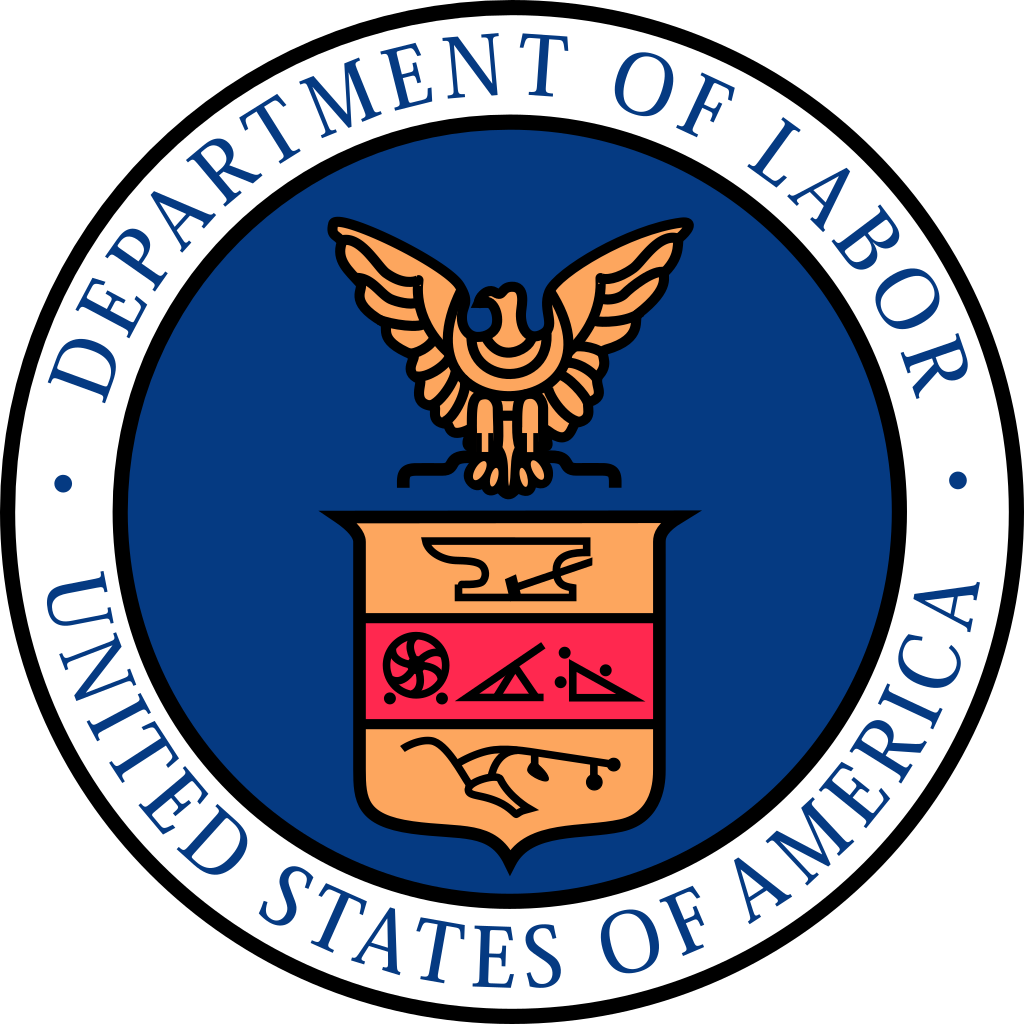
Pursuant to questioning led by the majority of Democrats on the Committee, Secretary Walsh noted that he believed the current salary rate to qualify for exemption from overtime was too low, and that he believed there should be automatic and regular updates to the salary threshold figure. As employers are aware, employees may be exempt from overtime under the federal FLSA depending upon the type of duties the employee performs and if the employer compensates employees at a rate of pay higher than the statutory threshold set out in Wage and Hour Rules implementing the FLSA. The current salary threshold (which varies depending upon the applicable overtime exemption and on the type of job duties the employee performs) went in effect on January 1, 2020, the first raise since the early 2000s.
Secretary Walsh’s comments appear to seek to move forward administrative goals then-President Barack Obama and his administration had set. The Obama Administration had attempted to increase the salary threshold in 2016 only to have a federal court enjoin the Rule. By advocating for regular and automatic updates, similar to how California sets the compensation threshold for computer professionals exempt from overtime under its Industrial Wage Commission Wage Orders, Secretary Walsh is hoping to avoid periodic administrative procedural processes that can be time-consuming and fraught with political challenge. Rather, Secretary Walsh hopes for a one-time Rule mandating automatic and periodic raises to the compensation threshold levels.
Breaking News: Monday, June 21, 2021: Biden Administration Proposes Rule Reinstating “80/20” Policy in Minimum Wage Rate for Tipped Employees
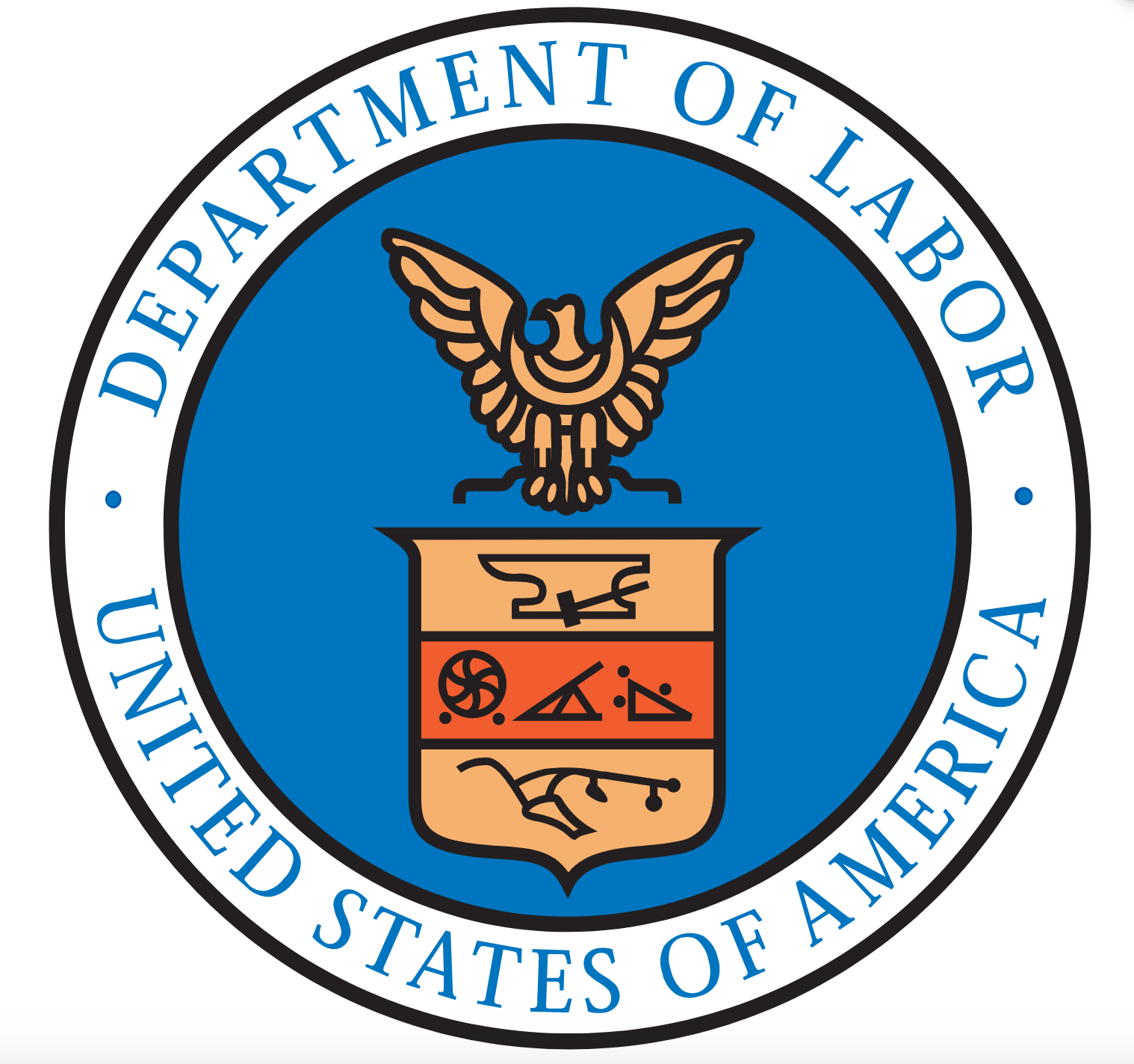
Rather, under the Trump Administration Final Rule, the $2.13 per hour minimum wage rate applied so long as the employee’s non-tipped side work was performed contemporaneously with direct customer service duties, or for a reasonable period of time immediately before or after performance of direct customer service duties. The Biden Administration paused implementation of the Trump Administration Final Rule on April 29, 2021, in anticipation of this new proposed rule seeking to withdraw the Trump Administration rule and instead adopting the “80/20” rule following the regulatory notice-and-comment process initiated by the June 23rd publication of the proposed rule.
The new proposed rule is another step in the Biden Administration’s efforts to increase the compensation rates for American workers. This coordinated effort by the Administration is in conjunction with today’s reported comments by Secretary of Labor Marty Walsh about increasing the compensation rate for overtime exemptions under the Fair Labor Standards Act, and the previously issued Executive Order increasing the minimum wage for employees of federal contractors. As such, the proposed rule should not come as a surprise to the restaurant industry, especially after the Biden Administration paused the Trump Administration Final Rule in April. It will be of interest to see how the restaurant industry responds to this new action; the question is whether the industry will attempt to apply pressure through public comments to the proposed rule only, or whether the restaurant industry will bring litigation seeking implementation of the Trump Administration Final Rule (such as businesses have done in regard to the Biden Administration’s rescission of the Trump Administration’s independent contractor status rule under the FLSA).
THIS COLUMN IS MEANT TO ASSIST IN A GENERAL UNDERSTANDING OF THE CURRENT LAW AND PRACTICE RELATING TO OFCCP. IT IS NOT TO BE REGARDED AS LEGAL ADVICE. COMPANIES OR INDIVIDUALS WITH PARTICULAR QUESTIONS SHOULD SEEK ADVICE OF COUNSEL.
SUBSCRIBE.
Compliance Alerts
Compliance Tips
Week In Review (WIR)
Subscribe to receive alerts, news and updates on all things related to OFCCP compliance as it applies to federal contractors.
OFCCP Compliance Text Alerts
Get OFCCP compliance alerts on your cell phone. Text the word compliance to 55678 and confirm your subscription. Provider message and data rates may apply.


